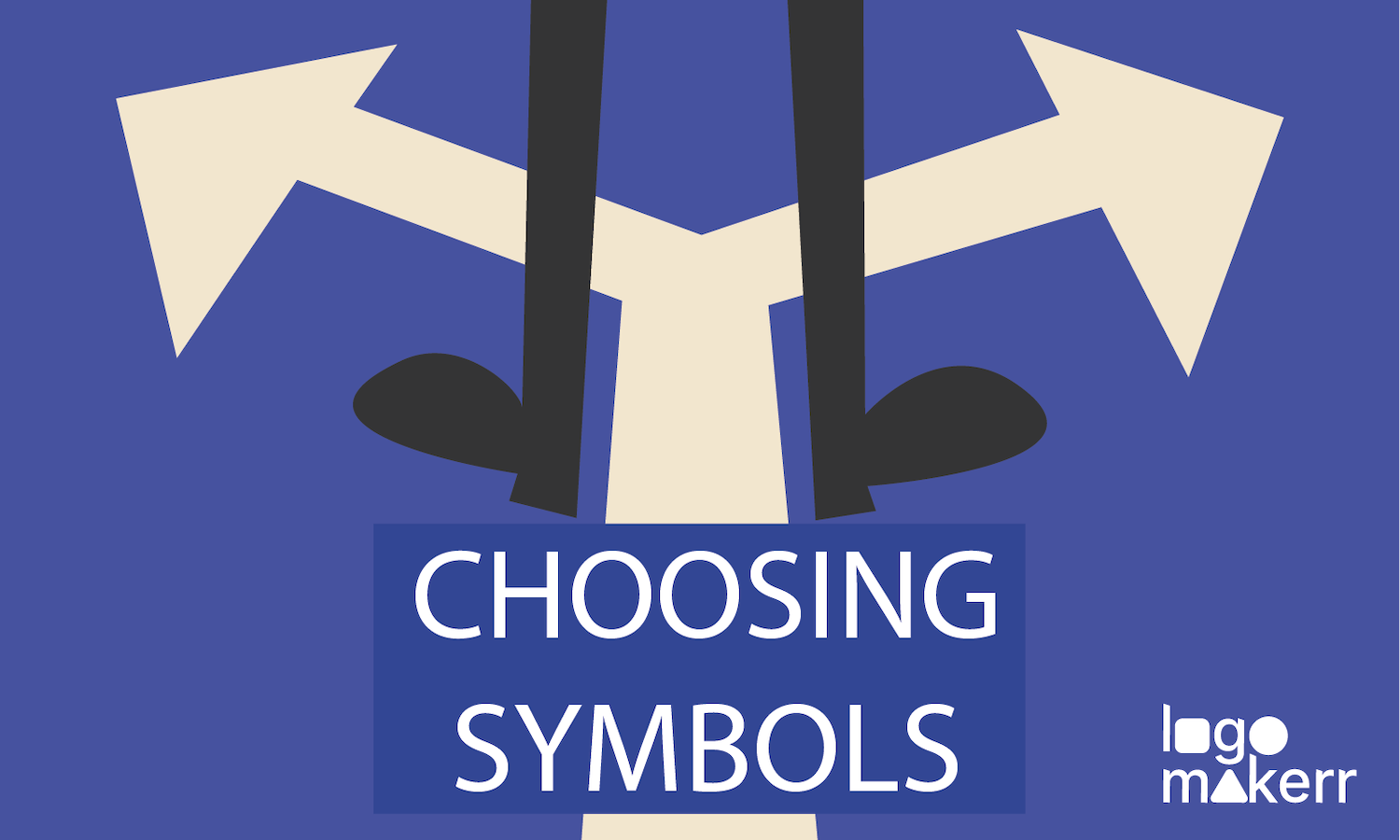Social media has revolutionized the way we connect, communicate and share information. And no one can deny that! Whether it’s catching up with friends, discovering new trends or staying informed about the current news, social media plays an integral role in our daily lives.
One who relies on social media must curate customized strategies to stand out from the crowd and attain their objectives on the platforms.
For instance, a Facebook page must reassure they have the right logo design along with their branding, aspiring TikTok users deliver platform-based content strategically, or Instagram models must accept brand offers that they can use or seem believable at the very least.
So no matter what the social media platform is, sharing content randomly and unorganized will not help any businesses succeed. So what can help, and how can you create a successful social media strategy for many social goals?
What is Social Media Strategy?
A social media strategy is a well-structured plan outlining almost everything you need to follow throughout your social media journey. The primary purpose is to take your plans in the right direction and accomplish your goals as expected.

For instance, consider you’re a small business owner who sells handmade jewellery. Your social media strategy can include aspects such as
Goals: Increase brand awareness, drive traffic to online stores and boost sales.
Target Audience: Women aged 20 – 40 who appreciate unique and eye-catching jewellery.
Social Platforms: Instagram, TikTok and Pinterest
Branding / Brand Identity: The overall visual look of your brand, the color scheme, packaging, and logo design with the help of a professional graphic designer or an AI logo generator.
Social Media Content Marketing Strategy: Share high-quality product photos, lifestyle shots, and behind-the-scenes videos. Additionally, provide fashion tips, style inspiration and occasional promotions.
Posting Schedule: Post at least three times a week consistently.
Engagement Schedule: Respond to comments, messages and inquiries promptly. Use in-app features to engage with the audience and collaborate with influencers.
Performance Tracking: Utilize social media analytics to track reach and engagement, while incorporating UTM parameters examples for tracking conversion rates. Additionally, use data to measure success and make informed decisions.

The strategy can be curated or ‘personalized’ depending on the needs and goals of your social media account. It may include using the right social media channels that suits you, the type of content that you share and the responsibilities of your social media team.
If you’re selling food and travel photography, can you use Instagram to show all the fantastic restaurants or locations you’ve visited? What about simply advertising your skills in online academic tutoring? Perhaps placing a Facebook Ad based on the area nearby can help!
You can also make the most of the FB ads library to research and create highly effective ads personalized for your specific audience.
In simple terms, social media strategy acts as a guiding compass that helps navigate the vast sea of social media and maximise its potential. With a custom-made social media strategy, you can tackle the challenges that come your way and outshine your competition effortlessly.
Why Does Social Media Strategy Matters to Succeed?
As mentioned, social media has become increasingly important for businesses and individuals. In such a case, having an effective social media strategy for several reasons, and the significant ones are as follows.

- Beat Competitors in the Market: The social media landscape is more competitive than ever! Irrespective of the niche, users are seeking the attention of their target audience. So possessing perfect social media strategies can help you to stand out or even do better among your competitors and deliver content that resonates with your audience.
- Adapt to the Ever-Changing Online Algorithms: Social media platforms have algorithms that change frequently. So it’s important to assign a social media manager to continuously curate a strategy that allows you to adapt and optimize your content according to the latest online update and maintain a strong online or social media presence.
- Analyze and Optimize Performance: Without a strategy, it becomes challenging to measure the success of your social media efforts. If you have a well-defined strategy, you can define key metrics and track the performance of your content and campaigns. This approach allows you to gather valuable insights through social media reporting, enabling you to optimize your strategies for better results. Moreover, this data-driven approach allows you to identify what works and doesn’t. So you can make informed decisions and enhance your performance effectively.

- Boost Return on Investment (ROI): A personalized social media strategy helps you allocate your resources effectively and effortlessly maximize your ROI. When you define your goals clearly, identify the right social media channel for your target audience and optimize your social media content strategy, you can ensure that time, effort and budget are invested most effectively.
How to Create a Social Media Strategy?
Now that you understand the importance of a social media strategy. It’s time to explore how to craft a successful one for you.
1. Set Clear and Measurable Goals:
The first step to creating a winning social media strategy is to define clear objectives and set goals accordingly. No matter the objective, it should be Specific, Measurable, Achievable, Relevant, and Time-Bound (SMART).

For instance, your social media goal can be boosting brand awareness, increasing website traffic, or driving inbound lead generation. Setting social media marketing goals shows you the path to move forward in the right direction.
2. Understand Your Target Audience
You must deeply understand your audience to create compelling content that resonates with them. Spend time analyzing all about your audience inside out.

You can conduct thorough market research, review demographics, and identify their content preferences and pain points. Based on the gathered information, tailor your content to address their needs and build meaningful relationships.
3. Select the Right Social Media Platforms
In 2023, new social media platforms have emerged, and the existing ones may have evolved. Each platform has its unique strengths and user demographics.

Since there are several social media platforms to choose from, focus on the platforms that go well with your objectives and where your target audience is most active. In addition, it is highly recommended to explore emerging platforms that would be relevant to your niche.
4. Conduct a Competitive Analysis
Another great way to structure your social media strategy is by conducting a competitive analysis. This is because it can provide you with valuable insights for curating yours.
You must identify competitors in your niche and examine their content, engagement levels, and strategies. Utilizing APIs like Google SERP API can help you gather detailed information about your competitors’ online presence. As a result, you can identify the gaps and opportunities you can include in your social media strategy.
5. Create a Compelling Content Strategy
Content is the fuel that drives engagement on any social network. Hence, creating a content plan that includes a mix of education, entertainment, and promotional content is necessary.
Aim to provide value to your audience and establish yourself as a thought leader. Instead of sharing content in the same format, use a variety of formats such as videos, images, infographics, and trending content to keep your content fresh.

6. Plan & Personalize Your Strategy
Consistency is critical in social media marketing. If you want to take advantage of it, develop a social media content calendar that showcases your content strategy and the content you will post on each platform.
This helps maintain a consistent posting schedule and stick to your overall social media marketing strategy. An additional note is to create content beforehand and schedule them to share posts on the profile at the optimal times. Performing a content audit can also ensure that the scheduled posts align with your social media marketing strategy.
7. Craft a Content Calendar
Consistency is critical in social media marketing plan. If you don’t want to miss out on it, develop a content calendar that showcases your content strategy and what type of content you will post on each platform.
This greatly helps you to maintain a consistent posting schedule and ensure that you stick to your overall marketing strategy. An additional note is to create content beforehand and schedule them to share posts on the profile at the optimal times.
8. Analyze and Optimize the Strategy
Your responsibility of creating a social media strategy is not over once you’ve started sharing content. As a content creator, you should monitor the performance of your social media posts with the assistance of analytics tools.
Measure the metrics such as engagement, reach, click-through rate, and conversions. Don’t lose hope if your content fails to fetch the expected results.

Some brands even buy tiktok likes to elevate engagement rates and increase the chances of your social media success organically. Based on the result, find what’s working and what needs improvement. So you can adapt and adjust your social media strategy accordingly.
The Bottom Line
Social media platforms have been evolving, user behavior is shifting, and new trends are emerging. And with the dynamic nature of social media, crafting effective strategies is more crucial than ever!
To strengthen your success in this ever-changing landscape, creating a robust social media strategy is essential. But it does require a combination of creativity, data-driven insights, and adaptability. Meaning it takes time, dedication, and willingness to experiment.
With this guide in your hands, you can bring your own social media strategy to life. So enjoy the journey and let your strategy drive your success on these digital platforms.
It’s not just about staying ahead in the social media game but also about playing it right!




